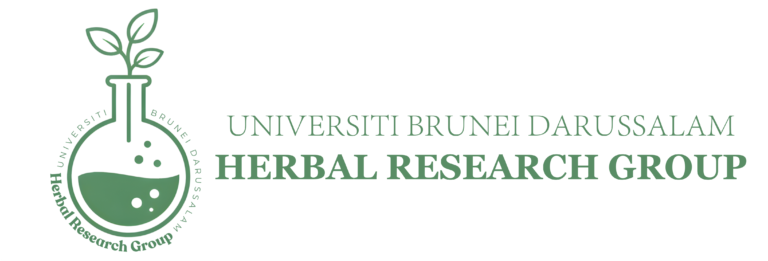On the 16th March 2022, Universiti Brunei Darussalam (UBD)’s Herbal Research Group hosted and organized their 3rd Herbal Research Webinar Series 2022 online via zoom. Dr. Monowarul Mobin Siddique of Faculty of Science, UBD was the invited guest speaker of the webinar, where he presented a lecture on “Induction to Autophagy by Natural Products to Prevent Insulin Resistance and Hepatic Steatosis in Mouse Model”. A total of 51 participants attended the webinar, including staff, students and alumni from various faculties and departments of UBD, Institute of Brunei Technical Education (IBTE), Suri Seri Begawan Hospital and International Islamic University Malaysia (IIUM).
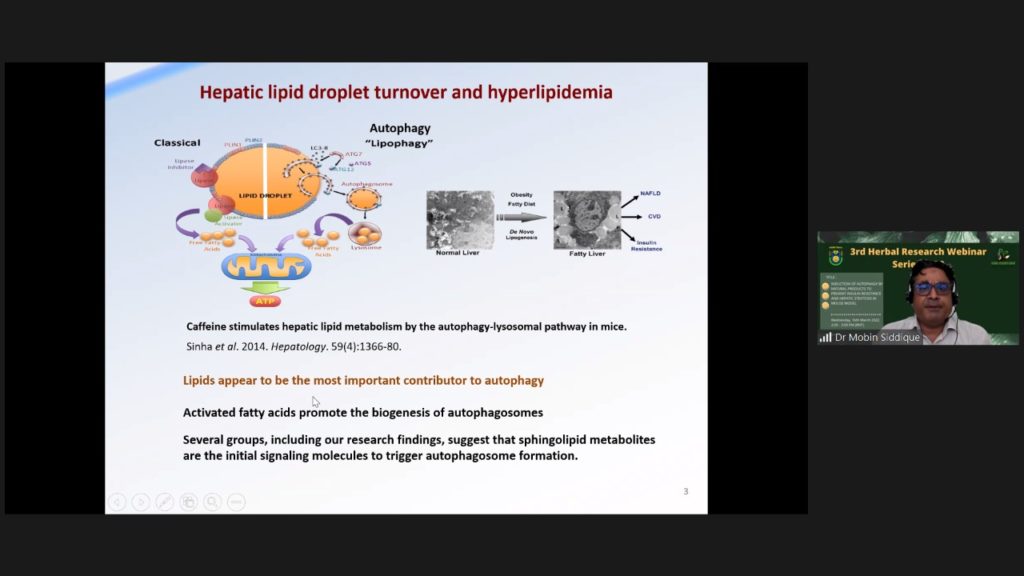
To start off the lecture, Dr. Mobin gave a brief explanation of the importance of autophagy in the human body as it allows the body to obtain energy and reserve nutrient resources from its recycling process. He explained that liver fats can be removed via the classical pathway of lipolysis that occurs for people that lack nutrient reserves and are regularly active. However, in obese or hyperlipidemic (abnormally high levels of fats in the blood) patients who have excess nutrients in their body, lipolysis may be inactivated leading to high amount of fats gathered in the liver.
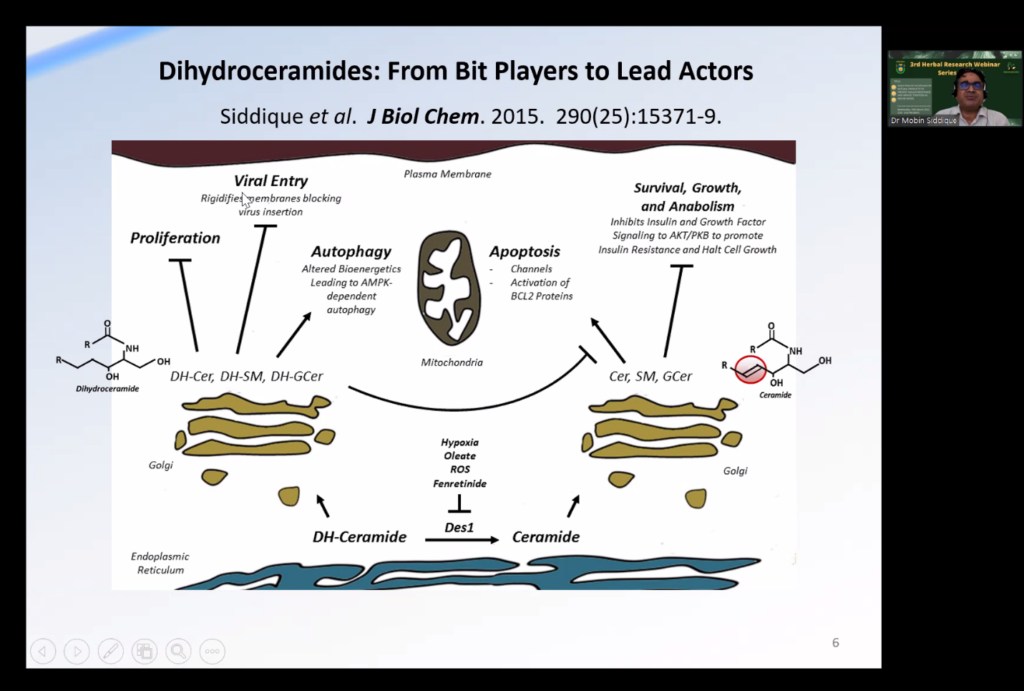
Dr Mobin mentioned that there are drugs that are able to induce autophagy to help remove lipids such as fat. He then shared that the main interest of his research team has been to deduce the mode of action of lipophagy by pharmacological agents, i.e. how the drugs can induce autophagy to remove excess lipid, using animal models. To follow, Dr Mobin explained the structure and de novo synthesis of sphingolipids and how their metabolites are involved in insulin resistance, fatty liver formation and autophagy in the cells of the body. Based on findings from his earlier projects, he and his colleagues discovered that inhibition of the dihydroceramide desaturase 1 (Des1) enzyme can result in the inhibition of ceramide (a sphingolipid metabolite) synthesis and lead to lower fat accumulation and improved insulin response in the treated animals. His current projects focus on the discovery of phytochemicals from local fruits and herbs as potential Des1 inhibitors.
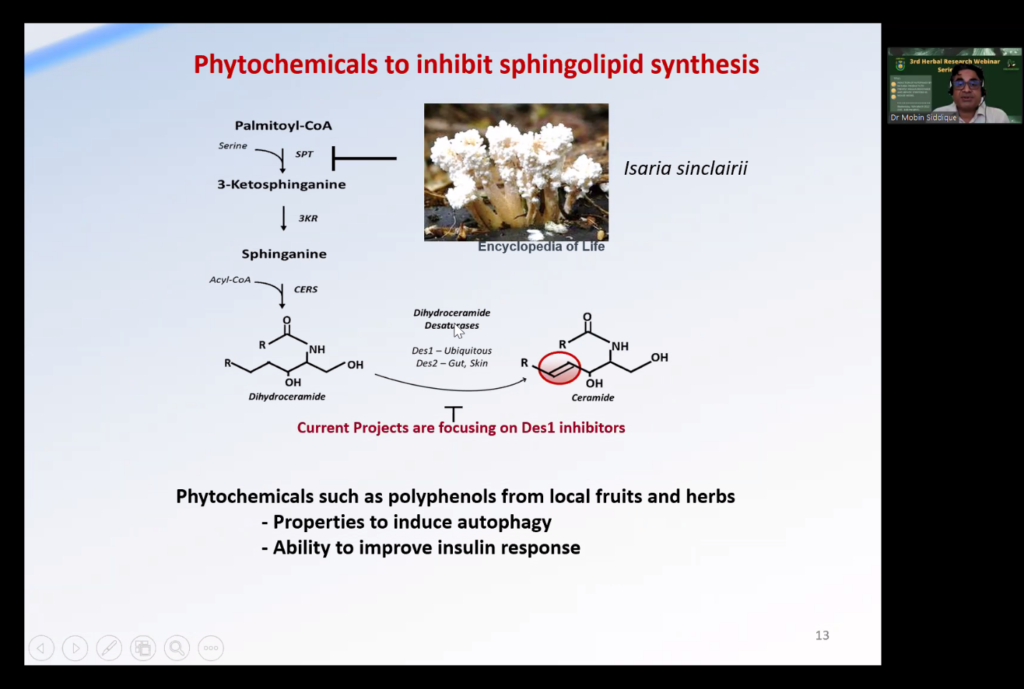
The webinar was followed by a question-and-answer session where Dr. Mobin shared his insights and feedback with the audience. By the end of the webinar, a photo session was taken with the invited guest speaker, organisers and the attended participants.
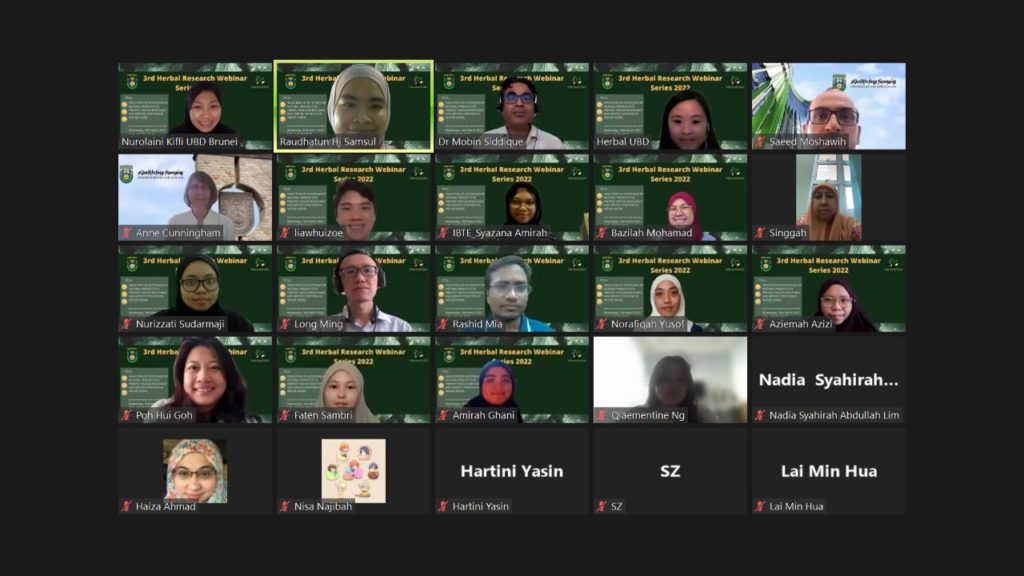
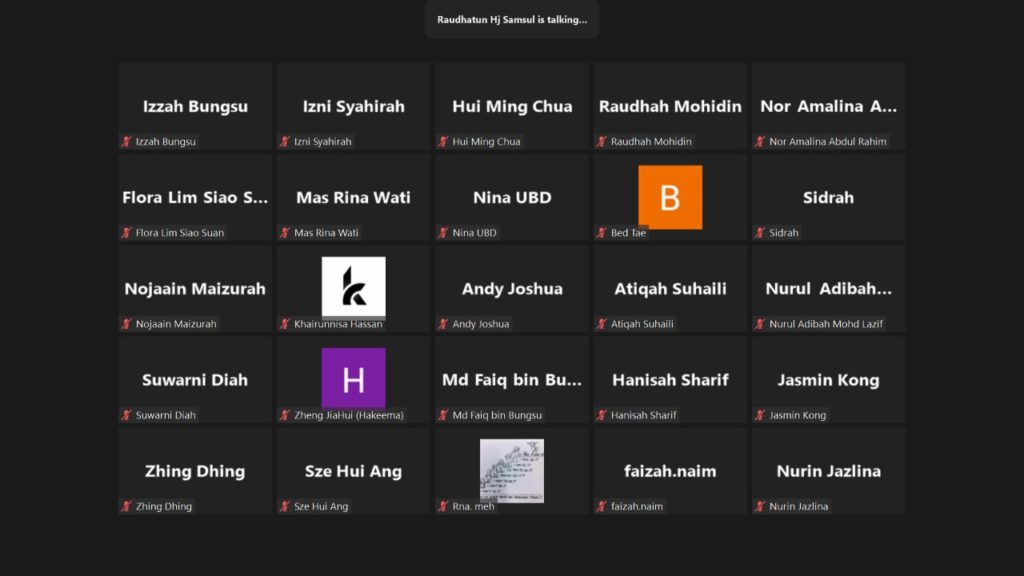
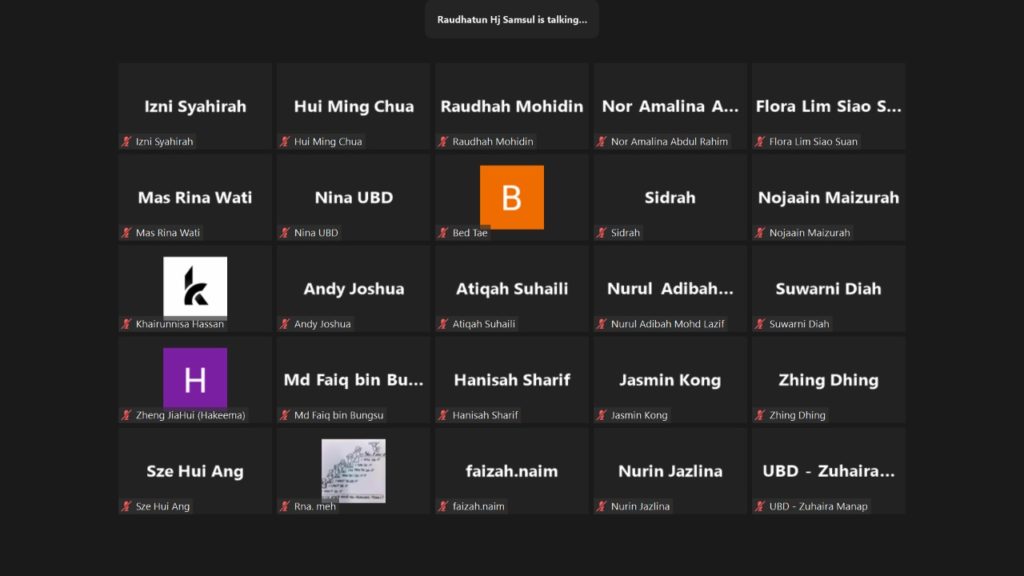
All Dr Mobin’s previous projects: (https://scholar.google.com.sg/citations?user=XwbU1ZgAAAAJ&hl=en)
